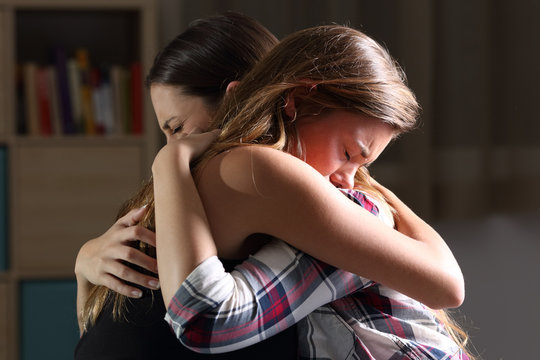By Ruby Falk | Anyone who has lost a loved one in an “unsavory” way — generally, suicide and/or an overdose — knows all too well the physical reaction you have when someone asks how your person died. It’s information we’re not so ready to give away until we know we can truly trust the person to hold this for us. This same level of recoiling doesn’t exist when we’ve lost someone to cancer or another illness. We’re much quicker to share the positive, happy, warm memories of that person. We remember the rich life they lived leading up to their passing, even if it was an untimely death. How is it still this hard for us (myself included) to accept that mental illness is as critical and life-threatening as any physical condition?










